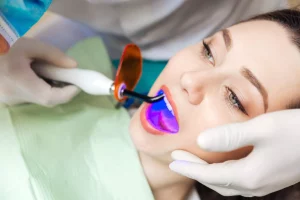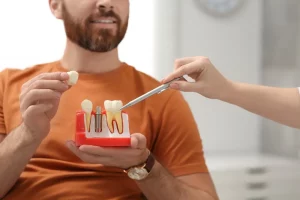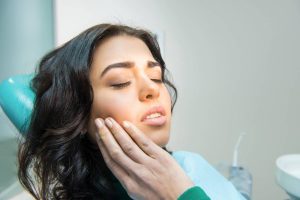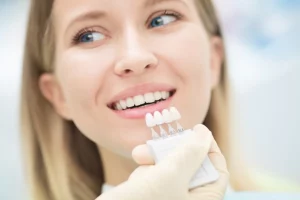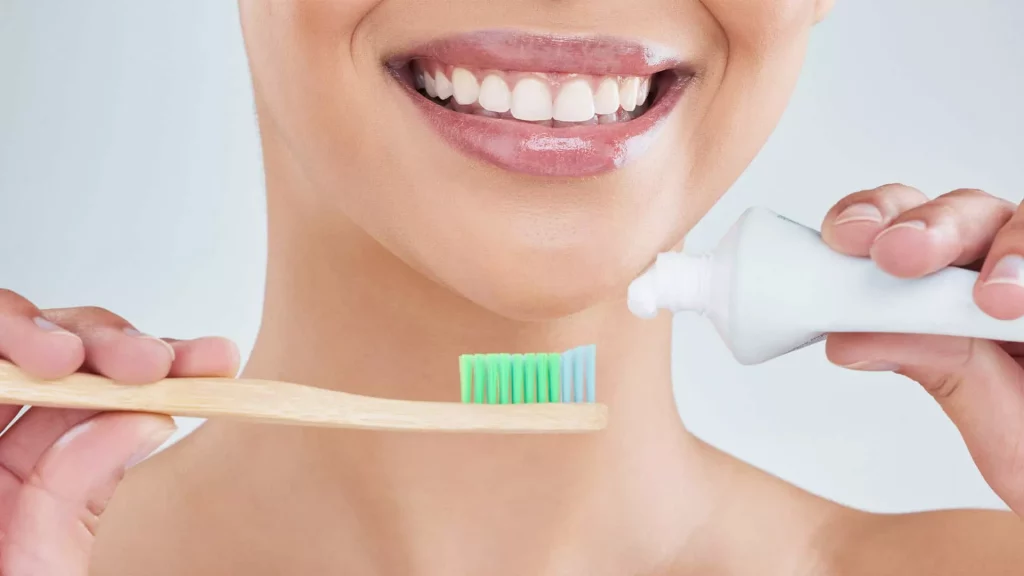Last Updated on: 5th November 2025, 04:51 am
A healthy smile is essential for back-to-school success; it helps children stay focused avoid dental pain feel confident in social settings. This educes school absences caused by oral health problems.
If your child is a new student or returning to school after summer break, the start of the school year brings more than just excitement and new friends; it also brings challenges and routines.
The school’s supplies and schedules are important, but what about children’s oral health? At school, kids spend long hours, eat multiple times a day, and often don’t brush their teeth after meals. However, taking care of their smile before and during the school year is essential.
Let’s explore why oral health matters during the school season and what parents can do to help protect their children’s smiles.
Table of Contents
ToggleWhy are dental check-ups important before school starts?
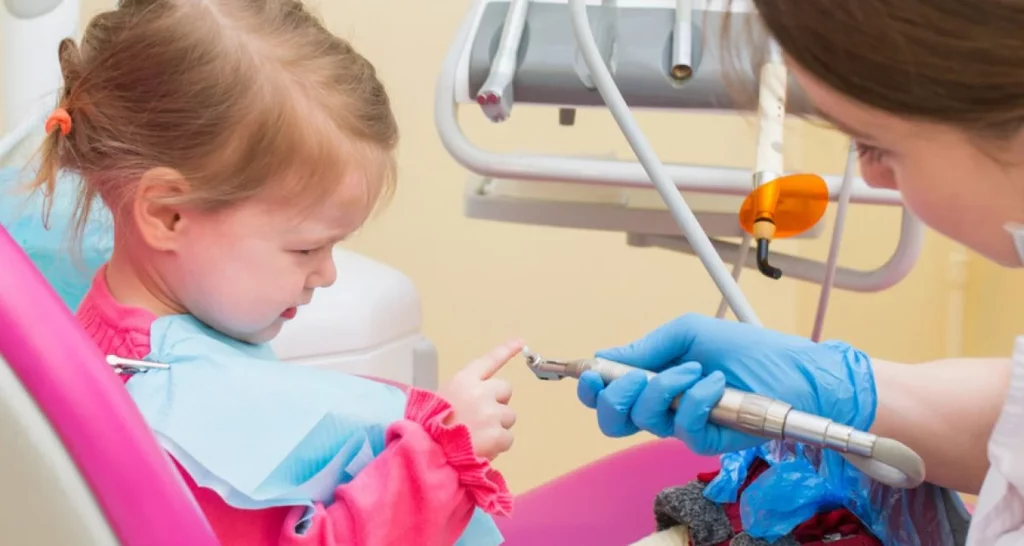
Starting the school year with a healthy mouth helps your child feel confident, stay focused, and avoid missing school because of tooth pain.
A dental check-up before school helps to find and treat potential issues before they become serious. Visiting the dentist allows for:
- early detection of cavities or gum issues
- preventive care, like cleanings or fluoride treatments
- avoiding school absences due to pain or dental emergencies
- better focus in class, since tooth pain can be a major distraction
In short, a visit to the dentist sets your child up for a healthy and successful school year.
How does oral health affect academic performance?
When children have toothaches or sore gums, they may:
- find it hard to pay attention in class
- miss school days due to dental appointments or pain
- feel embarrassed about their smile, lowering self-esteem
Good oral health supports better concentration, classroom participation, and social interactions.
What dental habits should kids follow during the school year?
Good dental habits learned in childhood can last a lifetime. Since brushing at school isn’t always easy, it’s best to focus on deep brushing and flossing at home and simple cleaning habits during the day. In this way, children can enjoy playtime and rest at school, while parents remain confident about their oral health.
What daily habits keep teeth healthy at home and school?
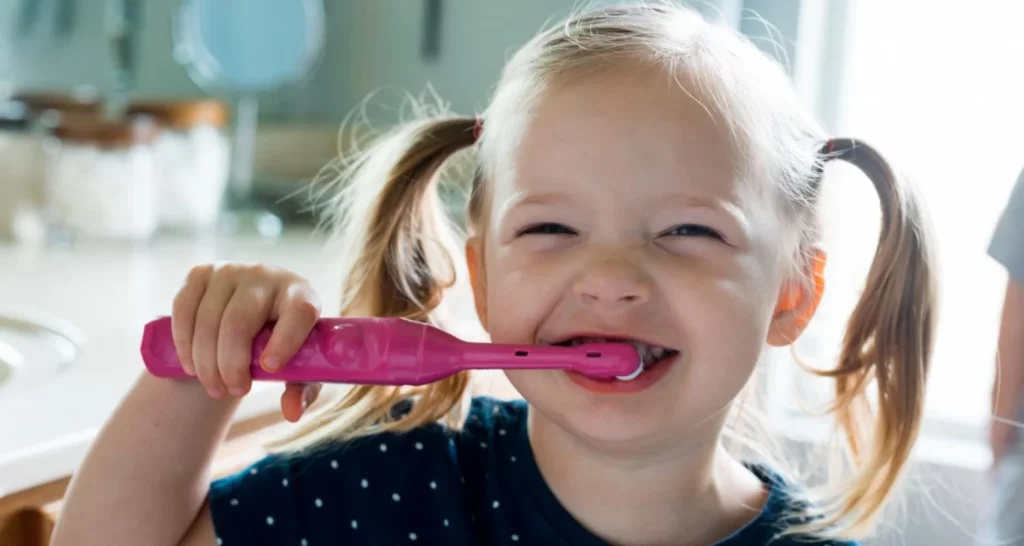
To keep your child’s teeth healthy:
- Brush twice a day with fluoride toothpaste (morning and night).
- Floss once a day to clean between teeth.
- Drink plenty of water to wash away food and bacteria.
- Eat a tooth-friendly diet, low in sugar and full of fruits, veggies, and whole foods.
- Replace toothbrushes every 3–4 months.
If your child can’t brush at school, they can:
- drink water after meals
- chew xylitol gum (if allowed) to help clean teeth
How can parents make oral hygiene fun for kids?
You can help children enjoy brushing and make it a fun routine by:
- playing their favorite music while brushing
- using sticker charts or brushing calendars
- letting them pick their own toothbrush and toothpaste
- brushing together as a family to set a good example
Making oral care fun encourages kids to build healthy habits they’ll keep as they grow.
What are the best foods for a tooth-friendly school lunch?

Children spend many hours at school and eat snacks, breakfast, and lunch on site. What they eat during the day can help or harm their teeth. Packing healthy, tooth-friendly foods protects their smiles and gives them the energy to learn and play.
Which foods help protect children’s teeth?
Choose foods that are good for both dental and general health, such as:
- Crunchy veggies: Carrots, celery, cucumber, and bell pepper help clean teeth and stimulate saliva.
- Dairy: Cheese sticks, plain yogurt, and milk are rich in calcium and phosphorus.
- Whole fruits: Apples, pears, and berries satisfy sweet cravings without added sugar.
- Whole grains: Whole grain bread, brown rice, or sugar-free oatmeal cookies are better than white flour products.
- Water: Always pack water instead of juice or soda. It rinses the mouth and keeps kids hydrated.
Note: You can use fun containers or tooth-shaped stickers to make healthy lunches more exciting!
Why should sugary drinks be avoided at school?
Sugary drinks can hurt your child’s teeth. They feed bacteria and cause cavities. Acidic drinks can also wear down tooth enamel.
Avoid drinks like juice, soda, and sports drinks; instead choose water as the main drink and limit juice to small portions during meals.
How do ultra-processed foods affect children’s oral health?
Ultra-processed foods are bad for children’s teeth and general health. They are sticky, full of sugar, and feed harmful bacteria in the mouth. This increases the risk of cavities and gum problems.
Common ultra-processed foods include candy, chips, cookies, and packaged cakes or pastries. These foods are linked to other health problems like obesity and diabetes, especially when consumed often.
It’s better to choose fresh, natural foods like fruits, vegetables, whole grain snacks, nuts, or cheese. These options protect your child’s teeth while helping them stay healthy and strong.
Why is it important to see the dentist before school starts?
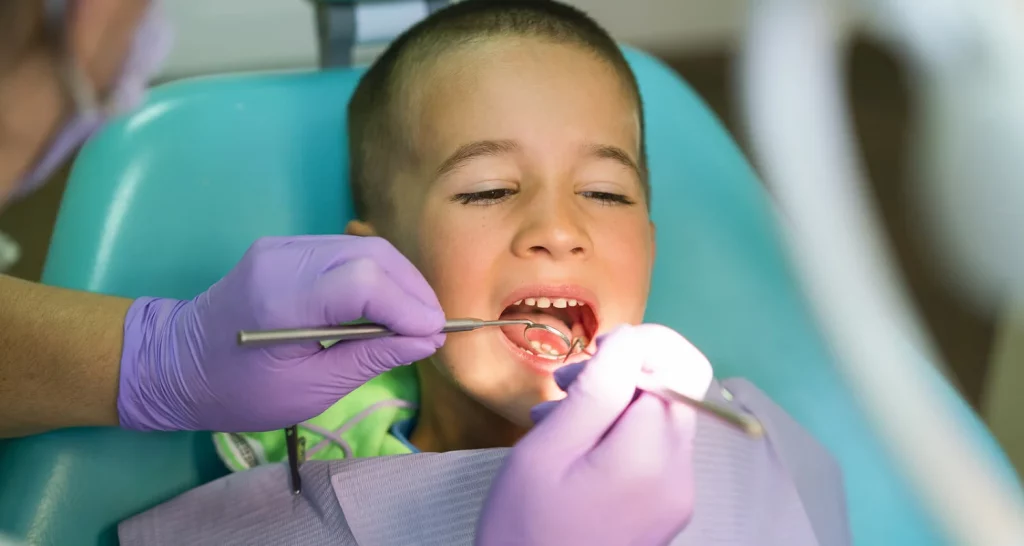
As we have seen, visiting the dentist before back-to-school is good to catch early issues and take preventive steps for oral health. It’s also beneficial to reinforce brushing and flossing habits.
Some schools even require proof of a dental visit, so taking your child to the dentist before the first day will help you stay ahead and avoid last-minute stress.
How can you prepare your child for a back-to-school dental visit?
A positive experience at the dentist can shape lifelong healthy habits. To help your child feel calm:
- Talk positively about the experience.
- Explain simply what the dentist will do (like “counting your teeth”).
- Let them bring a toy or a book.
- Choose a pediatric or family-friendly dental office.
- Offer a small reward after, like stickers or extra playtime.
These small steps can ease anxiety and build confidence.
What preventive dental treatments help at school age?
Preventive care protects teeth during a busy school year. Common treatments include:
- dental cleanings to remove plaque and tartar
- fluoride treatments to strengthen tooth enamel
- dental sealants on molars to prevent decay in hard-to-reach grooves
- mouthguards if your child plays sports
- orthodontic evaluations to detect early bite or alignment issues
These essential treatments reduce the risk of future problems like cavities, gum disease, or dentofacial growing issues and help ensure long-term oral health.
What dental procedures are common before school starts?
If your child already has a dental issue, it’s best to treat it before school begins. Common procedures include:
- fillings for minor cavities
- tooth extractions, if the damage is severe
- professional deep cleaning, especially for kids with early signs of gum disease
- root canal treatment, in cases of advanced tooth decay
Treating these problems early helps your child avoid pain and classroom distractions; plus, it keeps them focused on learning and enjoying their school years.
What are some easy back-to-school dental tips?
In addition to supplies and uniforms, it’s necessary to refresh your child’s oral hygiene routine. Use this checklist to support their dental health:
Before school starts
- Schedule a dental check-up to catch any issues early.
- Buy a new toothbrush and floss to replace old ones.
- Choose a fluoride toothpaste that suits their age.
For school days
- Pack healthy snacks like fruits, cheese, or nuts.
- Include a refillable water bottle to rinse their mouth and stay hydrated.
- Send a travel toothbrush or floss picks if they have after-school programs.
At-home routines
- Brush teeth before school and after dinner.
- Use a brushing calendar with stickers for motivation.
- Add music, games, or timers to make brushing fun.
For kids with braces or sports
- Remind them how to clean around braces or appliances.
- Pack orthodontic wax for unexpected discomfort.
- Use a mouthguard for contact sports like soccer or basketball.
How can parents promote long-term oral health in kids?

Consistency and positive reinforcement go a long way. Here’s how you can help your child build habits that last:
- Include oral care in daily routines in the morning and at night.
- Brush and floss together to lead by example.
- Praise your child for keeping up with their dental hygiene.
- Talk about the importance of healthy teeth in ways they understand.
- Keep regular dental appointments every six months.
When kids see oral care as a normal part of life, and not just a chore, they’re more likely to develop healthy habits for life.
How can a healthy smile help your child at school?
A healthy mouth helps your child feel good and do better at school. They can smile, talk, and learn without pain or oral problems.
Before back-to-school time, take your child to the dentist. It’s a great way to check their teeth and improve their brushing and eating habits.
Don’t wait until a cavity causes trouble; start the new school year strong with a healthy smile.
Frequently Asked Questions (FAQ)
Voice Search Snippets (Q&A)
References
1. Bell, B. (2024, February 28). 28 healthy snacks your kids will love. Healthline. https://www.healthline.com/nutrition/healthy-snacks-for-kids
2. CDA. (2015). Cleaning teeth. Canadian Dental Association. https://www.cda-adc.ca/en/oral_health/cfyt/dental_care_children/cleaning.asp
3. Cleveland Clinic. (2025, June 17). Children’s dental health: How to care for your kid’s teeth. Cleveland Clinic. https://health.clevelandclinic.org/caring-for-childrens-teeth
4. MouthHealthy. (n.d). What to expect at your child’s Back-to-School dental visit. MouthHealthy – Oral Health Information From the ADA. https://www.mouthhealthy.org/life-stages/babies-and-kids/what-to-expect-at-your-childs-back-to-school-dental-visit
5. Oral Health Foundation. (n. d). Snack smart: healthy alternatives to sugary treats. Oral Health Foundation. https://www.dentalhealth.org/snack-smart-healthy-alternatives-to-sugary-treats







